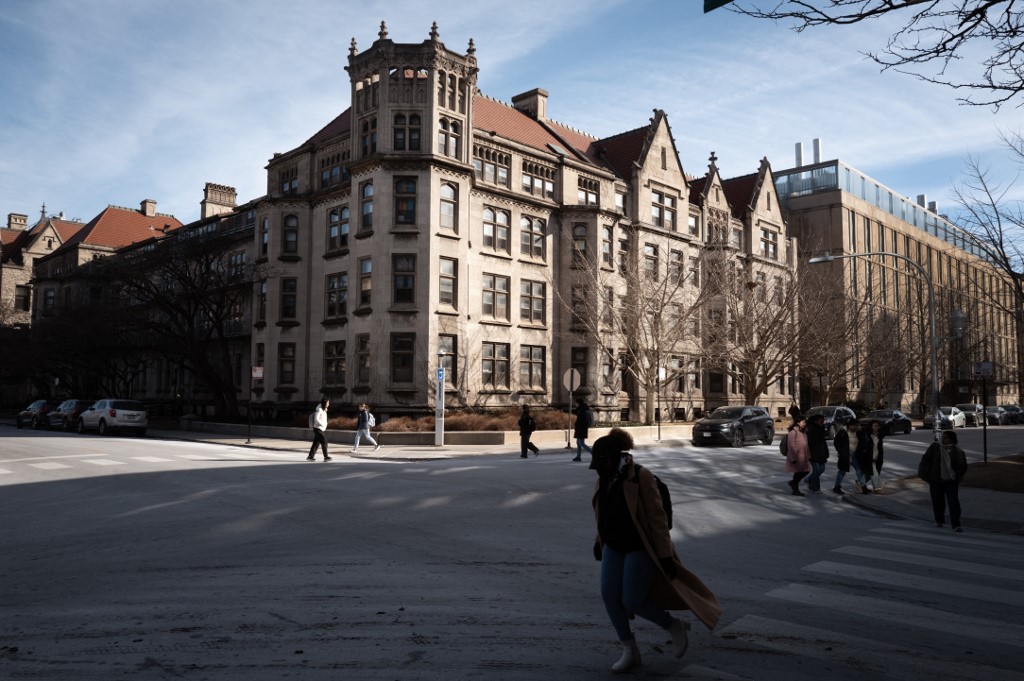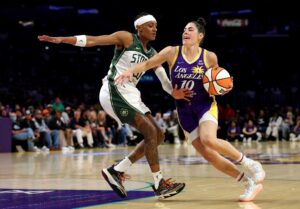Illinois Moves to Prohibit Gambling Ads on College Campuses
-
 Bookmakers Review
Bookmakers Review
- August 11, 2025

Statewide restrictions on gambling advertisements have been included in the regulations according to the Illinois Gaming Board (IGB), which will see to it that college campuses and universities will not be allowed to accept any advertising concerning casinos, video gaming, and sports betting.
Advertising Constraints
Responsible gambling has become a hot-button topic throughout the industry, and it is manifesting in the tightening of advertising restrictions concerning the gaming industry. No longer will casinos and sports betting platforms be allowed to advertise at college campuses because of the vulnerable age group associated with those facilities.
The ban, including broadcast, digital, and print advertising, went into effect on August 1st, 2025, and will be monitored by the Illinois Gaming Board. The tighter restrictions were deemed necessary to “assure an ethical advertising environment that restricts enticements to minors and those with gambling problems.”
The Illinois Gaming Board endeavored to implement the rule as “clear, consistent, ethical, and transparent advertising and marketing guidelines.”
Operators are not only banned from advertising on college campuses, arenas, and stadiums and through their print (school newspapers) or media brands, but also cannot have advertising that incorporates imagery that includes college students, institutions, or campus settings.
Illinois Gaming Board Administrator Marcus D. Fruchter said in a released statement, “By adopting these measures, the IGB is building upon existing regulations to implement additional safeguards and standards that further protect the public and encourage responsible gambling habits. These regulations provide for clear, consistent, ethical, and transparent advertising and marketing guidelines for all casino, video gaming, and sports wagering operations under IGB jurisdiction.”
Follow the Rules
The rule will impact the state’s 17 casinos, approximately 9,000 licensed video gaming locations (VLTs), and 14 mobile sportsbooks. None of these companies will be able to market directly or through third parties to the 249 colleges and universities that call Illinois home.
Gaming operators are now required to:
- Retain copies of all advertising and marketing content, along with detailed logs indicating when and how materials were published or distributed.
- Provide patrons with the ability to opt out of receiving marketing communications and promptly honor such requests.
- Include responsible gambling messaging in all advertising, using language prescribed by the Illinois Department of Human Services.
- Avoid engaging third parties for marketing services if compensation is tied to wager volume or outcomes.
Per Bet Transaction Charge
The ban on advertising engagement through colleges and universities is only the latest change to the gaming landscape in Illinois. In what has become an increasingly hostile environment for sportsbooks, the legislature recently voted to implement a 25-cent transaction fee on the first 20 million bets in a fiscal year, while any wagers placed after that would be assessed a 50-cent transaction fee.
This came after the legislature implemented a tiered tax system that vaulted the base rate from 15% to 20%-40%, depending on revenues. This has caused outrage among sports betting operators in the state, with FanDuel first announcing it would pass this cost onto its customers while DraftKings quickly followed suit. Others, like BetMGM and Hard Rock Bet, have done the same.
The Sports Betting Alliance, comprised of FanDuel, DraftKings, BetMGM, and Fanatics, released the following statement:
“For the second consecutive year, the Illinois legislature chose to balance its budget with a crippling tax on legal online sports betting operators and their million-plus Illinois customers—this time with no warning and no consideration of the devastating impact this tax would have on the legal market.”










